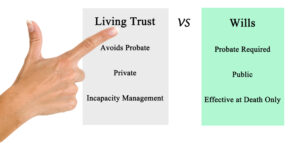As part of your retirement plan and your estate plan, there is a good chance that your 401(k) is a big component of your future planning. You’ve spent most of your working life building up your retirement funds and preparing yourself for an estimated retirement age. 
A new change coming to your 401(k) quarterly statement will help you make more appropriate plans for how you’ll use these benefits while you are alive and how to consider passing them onto your loved ones later. Sponsors of defined contribution retirement plans like 401(k) will soon include illustration about the lifetime income that you’ll be eligible to receive from your nest egg.
This will show how much income you could possibly receive from your 401(k) when using an annuity every single month. Estimated amounts will use the assumption that your payments would start immediately so take this into consideration as you read these new details. Bear in mind that these general numbers will apply to IRS mortality table lifetime expectancy rates and interest rates based on the current yield from the ten year treasury bond.
The primary purpose of the shift in 401(k) statements is to give participants more information about how their actual account value translates to monthly income. As you make these plans, you might adjust your estate planning strategies. Set aside time to speak with an experienced estate planning lawyer about your options.
Remember when looking ahead to your retirement age that there are many things you can do to support yourself during this time and also leave behind a legacy for your loved ones. As you get closer to retirement, continue to keep a closer eye on your savings strategies and consult with your estate planning law firm about making any necessary changes to meet your goals.



















